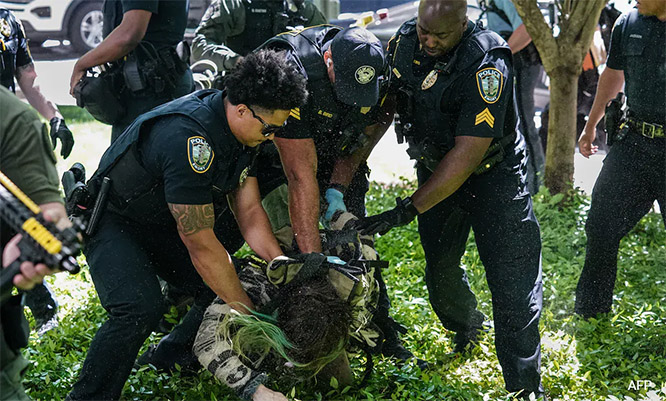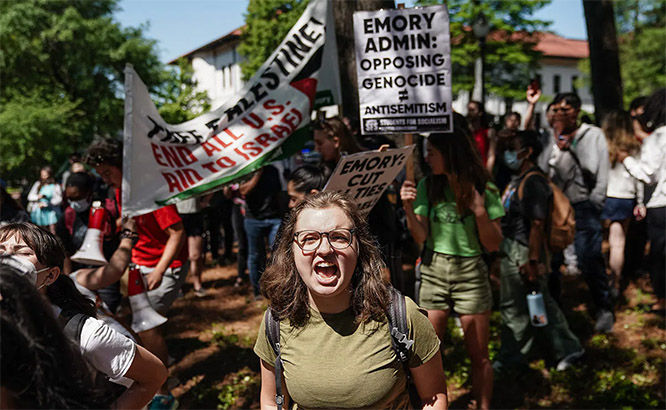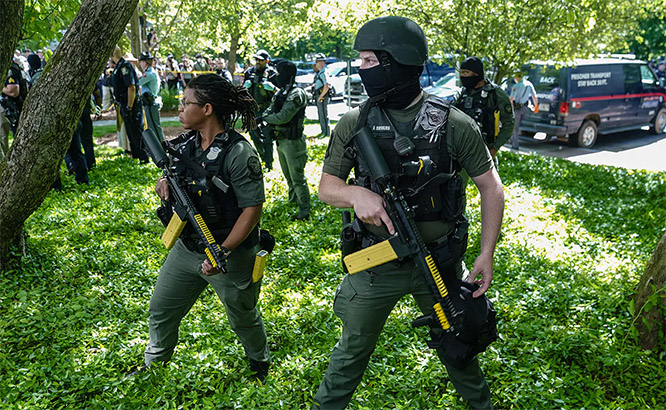Bengaluru, July 18: At least 90 breakthrough Covid deaths have so far been reported in Karnataka. Of them 51 are from Hassan and 20 are from Mysuru districts. A breakthrough infection is one where a person contracts the disease despite being vaccinated.
Out of the around 11,000 breakthrough Covid infections that the health department analysed — with 9,000 vaccinated with one dose and 2,000 with both doses — 87 were hospitalised and as many as 90 patients died. According to these figures, the fatality rate among the breakthrough infections is 0.81%.
While experts said investigation is needed to determine the cause of these deaths, they also said such a large number does not appear to be a coincidence. Hassan district officials say among those who died, six had taken both doses and 45 had taken the first dose.
A researcher on condition of anonymity said, “We need to test how these vaccines fare against emerging variants, since Delta (B.1.617.2) variant was the dominant variant in breakthrough infections. It’s possibly because it has vaccine-escape mechanisms or due to vaccines predating the new Delta variant.”
Of the 51 who died, most were over 60 years with comorbidities.
Hassan District Health Officer Dr Sathish Kumar said, “A single vaccine dose confers only partial protection. Among those who were fully vaccinated, six have died. Our health worker who had taken both doses is also one of these six.”
Dr H R Rajeshwari Devi, Mysuru District Surgeon, who is the secretary of Mysuru district’s Covid death audit committee said, “Out of the 20 dead, only four of them were fully vaccinated. It is worrisome.”










Comments
Add new comment